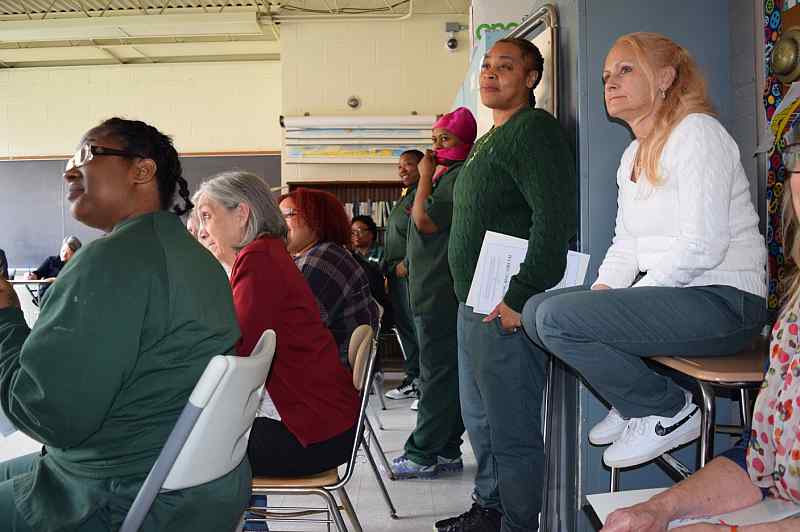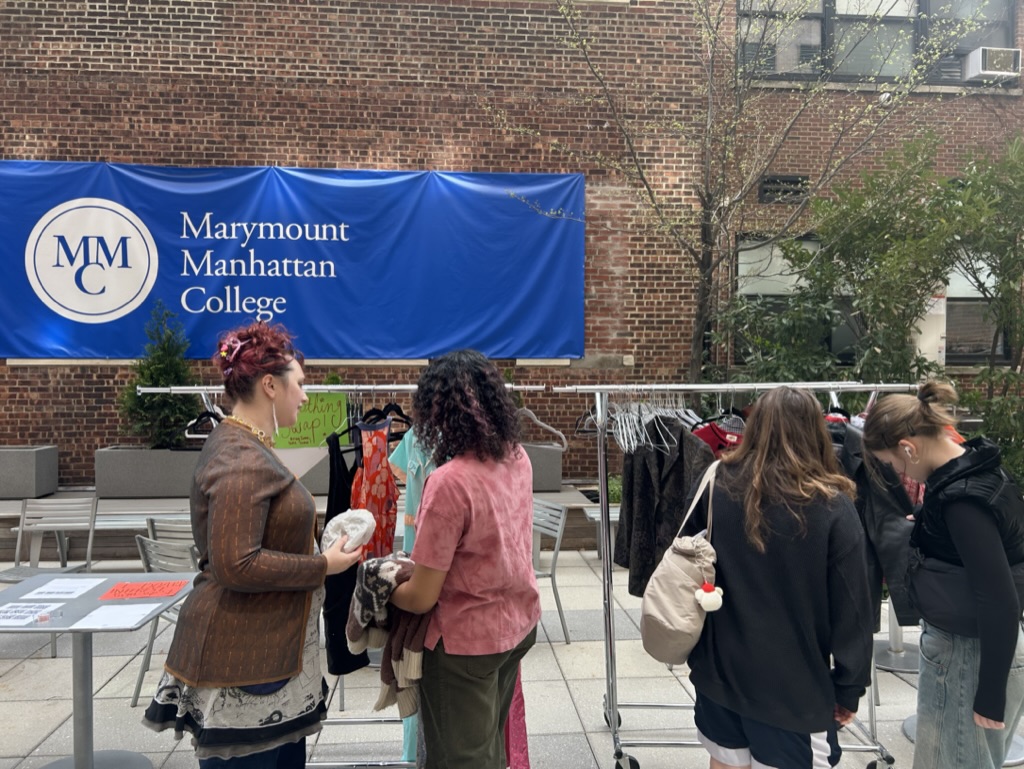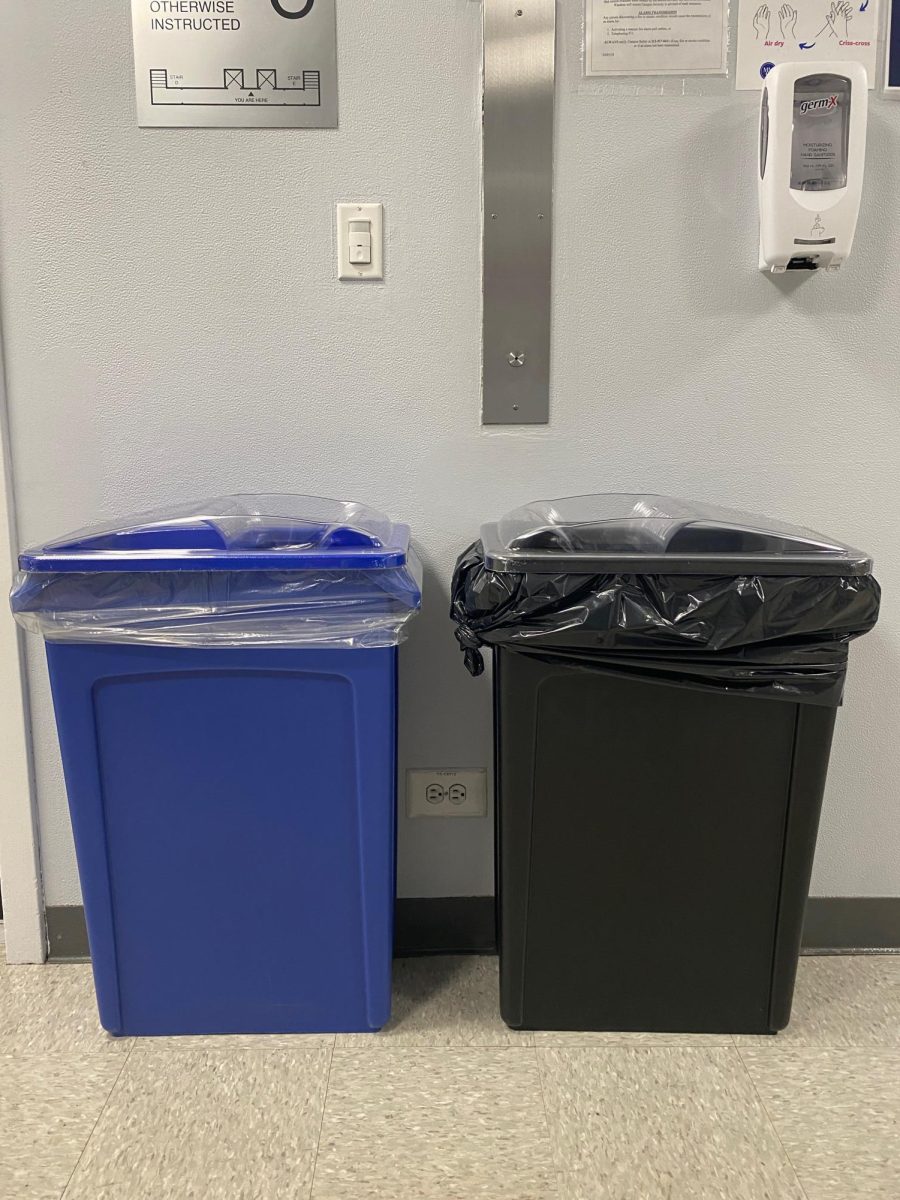You just graduated from high school. Bound for school in New York City, and with your entire life ahead of you, you’re feeling notably optimistic. Incredulously, you ask yourself; how could things possibly get any better?
Fast forward a couple of months. Your parents have dropped you off at your dorm. A few hours ago, you met your roommate for the first time. The two of you have only ever spoken online, deeming them a glorified stranger. Now, it’s just the two of you. Like a ton of bricks, an epiphany hits you. You are more alone than ever.
Fast forward again. You’re a month into freshman year. You’ve made some friends and are enjoying your classes, but something is still off. You miss home. Your earliest companions, your family, your pets; you miss knowing what to expect. Here, you have yet to find your place.
This experience is not idiosyncratic. Moving to New York alone is as gargantuan a change as the city is in size. It doesn’t matter where you come from either, even for commuters, the switch from high school to college can be a challenge.
Drastic change will forever be daunting, but there are ways to make it manageable sat down with Dr. Norma Ortega from the Counseling and Wellness Center to discuss some ways students can make this transition a bit easier.
Q1. What are some of the most common struggles freshman have transitioning to the city, and to college?
A1: A common struggle first-year students may have to transition to a new environment, such as moving to a new city and starting at a new college, are starting new relationships and having less contact with friends and family from home. They may also have to learn how to adapt to living in a dorm with roommates for the first time. College courses also tend to be different from courses offered during high school so they may need to approach their academics differently, including adjusting their study habits. Though most students appreciate the increased independence from going to college, this change can bring with it the stress of having to learn new things, such as caring for themselves and managing their own time.
Q2: Do you think that students who have come from cities or places with similar environments to NYC have an easier time transitioning?
A2: The process of adjusting to a new environment is very specific to the individual so it is not always the case that students from similar environments have an easier time adjusting. It is normal to have an adjustment process when first starting a new college that can take several weeks or months. However, if the student is having a great deal of difficulty adjusting, has strong emotional reactions, or finds that their adjustment process is negatively impacting their functioning, the student may benefit from reaching out to a counselor from the CWC or other mental health provider. They may also benefit from reaching out to their support system, including friends and family.
Q3: What are some struggles commuter students might face and how can we, as a community, be more supportive?
A3: A challenge that a commuter student might face relates to having more difficulties making connections outside of the classroom and within the college community. Some students have mentioned that they are more prone to feel lonely because they may have limited ongoing communication with their peers in their college who may dorm together or perhaps be more involved with on-campus activities and/or student groups than they are. The commuter student may also find it more challenging to attend meetings at night due to their commute and limits due to transportation methods of getting to and from school. One way we can be helpful as a community is to be welcoming of commuter students, and to develop and hold programs whereby commuter students can participate and benefit from.
Q4: What are some ways to make the transition a bit easier for students?
A4: I always encourage students to try to join student organizations/groups in order to feel more connected to the college. There are many student organizations here at MMC and interested students can learn more through reaching out to the Office of Student Development and Activities. There are also programs and events that students can learn about through Marymount Manhattan’s Engage App, which contributes to community building, and provides access to campus resources, offices, and organizations. The Intercultural Center is also a space where all students can be a part of and participate in the great programming offered throughout the year. Many students assume that individuals do not want or need new friends but this is not always the case, and many students want to make new friendships as much as they do, so I always encourage students to reach out to others. Reaching out if needed to Marymount Manhattan’s on-campus resources including, the Counseling and Wellness Center, the Office of Disability Services, the Office of Career and Professional Development, and the Higher Education Opportunity Program, is key to ensuring success at the college level.
Q5: What are some easy and cheap ways to practice self-care in the dorm?
A5: Some easy and cheap ways to practice self-care in the dorm are to do deep breathing exercises (diaphragmatic breathing exercises), as well as practice mindfulness techniques such as meditation, which helps with managing stress and anxiety. The Counseling and Wellness Center has the Relaxation Station on its website, which provides stress management techniques including guided stress-reduction exercises to help you relax. Other self-care techniques are eating healthy and well-balanced meals, getting enough rest, taking time to manage your stress levels, engaging in activities such as yoga or exercising, and getting outside in nature by going for walks. Another way to practice self-care is finding a good work/life balance, which may include spending time with your loved ones.
Regardless of how uniquely it may present to the sufferer, freshman-year melancholy is customary. It’s truly a universal experience, and time heals all wounds. A sense of belonging will only ever come with experience, you’ve just got to gather more of it. It’s difficult to do that if you spend your days locked away in a den of self-pity. Instead, do simple things to take care of yourself. Get some ice cream, watch a movie, meditate, anything that lifts your spirits- and if you ever feel the need to talk to someone, feel free to reach out to the Counseling and Wellness Center at [email protected].





















